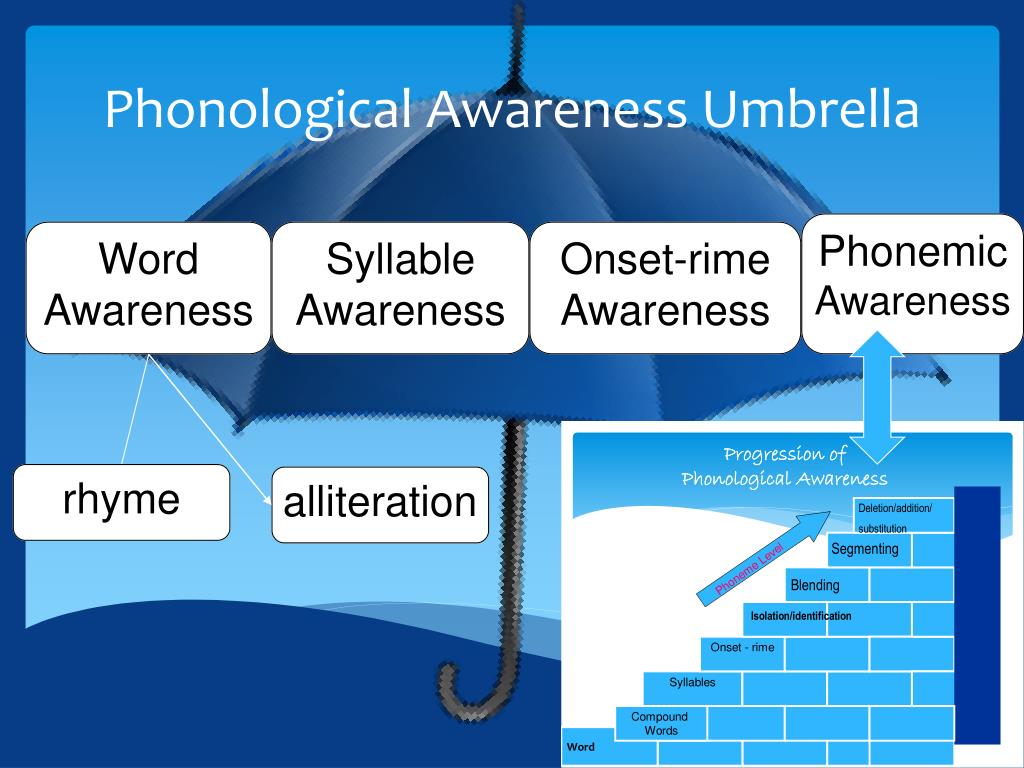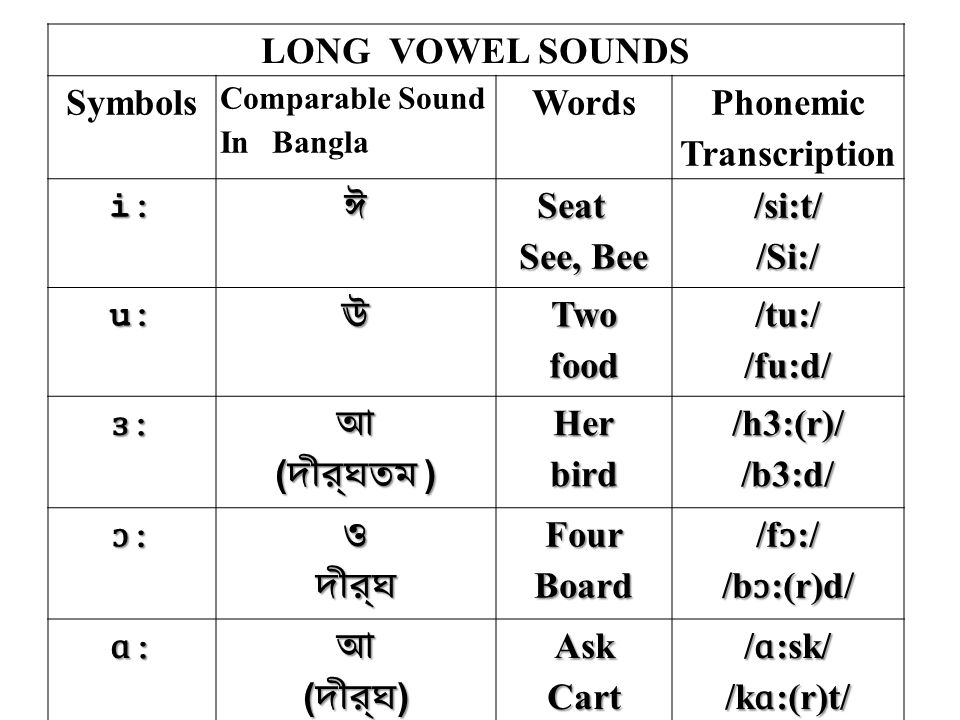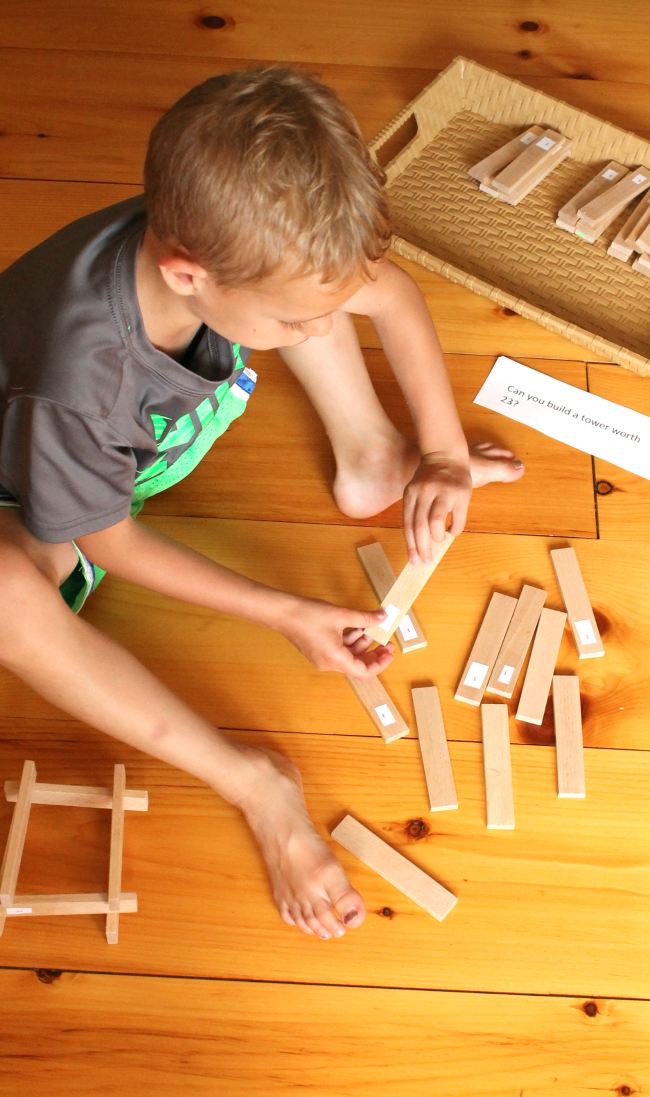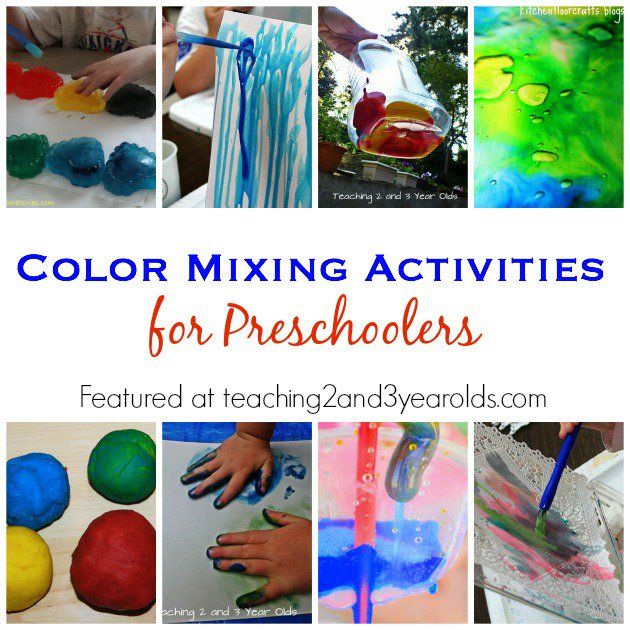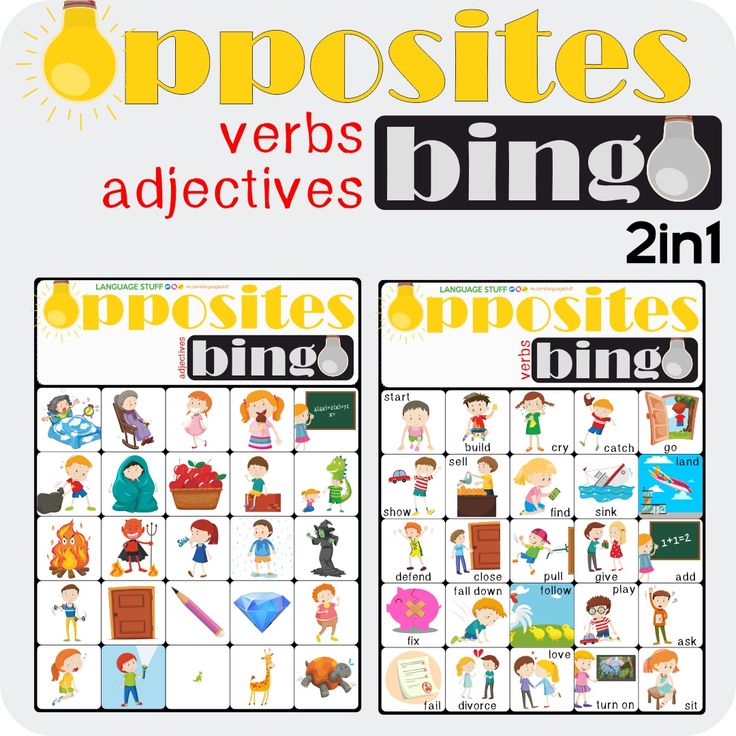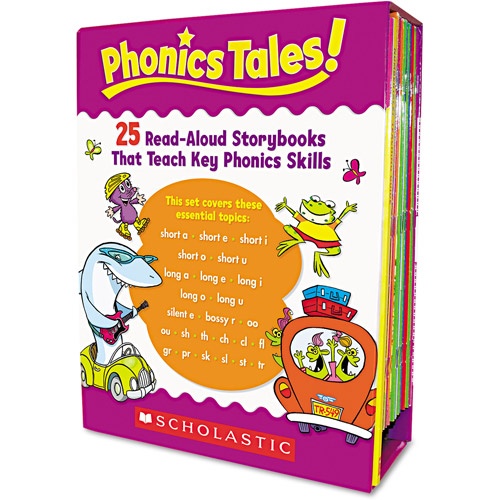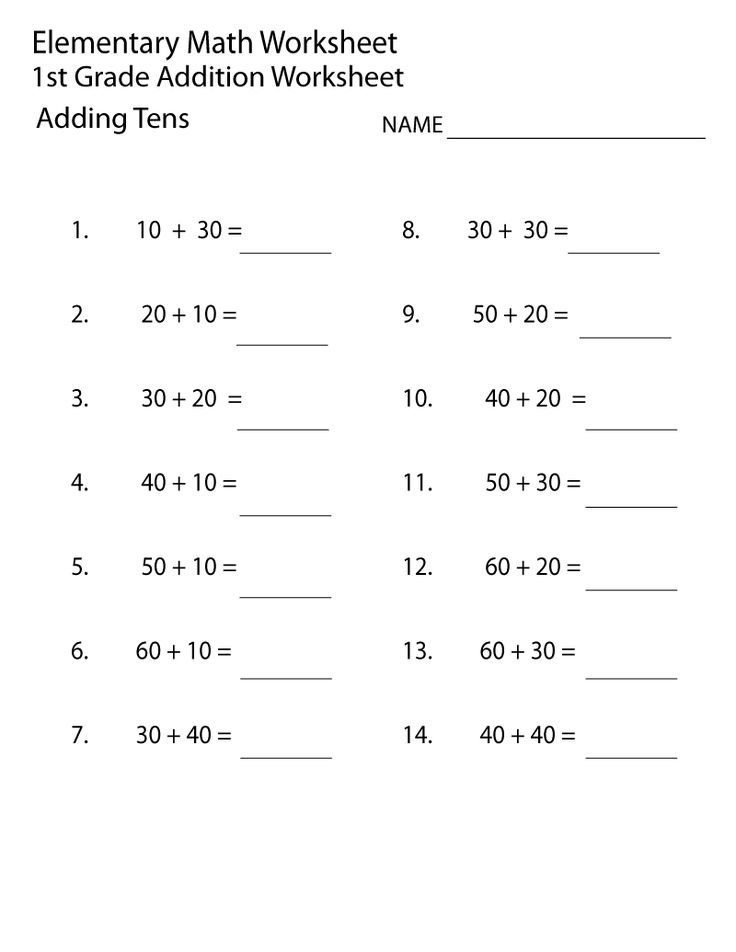Teaching kids to learn
Comprehensive Courses - Teach & Kids Learn (TKL)
Product Description & Methodology
For teachers looking for highly engaging relevant online course offerings to earn formal credits toward re-licensure, recertification, salary advancement, and graduate credits.
TKL’s Comprehensive Courses leverage field-tested, research-based strategies, personalized practical solutions, digital collaboration, and critical reflection to transform their instructional practice.
We take an innovative approach to the design and delivery of effective, efficient, capacity-building professional development for teachers. Our online professional learning program blends essential learning theory with the practical real-world application necessary for today’s teachers.
Each learning opportunity is designed to support educators in making evolutionary changes to their instructional practice. Every teacher begins where they currently are within the course focus and then, through cycles of critical self-reflection and experiential, or in-classroom work, they focus on making positive changes to their practice.
Through the use of both formative and summative learning activities, participants are taken through a scaffolded approach to creating better learning classrooms for students.
Search Course Library & State Alignment
TKL provides a deep collection of comprehensive professional learning for teachers across all 50 states.
Search our course library and view your state’s professional development teacher requirements.
State AlignmentSearch CoursesRegister Now
CHALLENGES
Demand
Keeping up with the constantly changing state and district professional development requirements can be difficult and costly for schools.
Asset 44Scattered
Educators have difficulty carving out the necessary time finding high quality professional development opportunities to meet the ever changing directions and evolving instructional strategies districts and states are trying to achieve.
Asset 39Low Engagement
Current research shows that many professional development opportunities and resources being provided to teachers result in very little impact and low levels of teacher satisfaction.
Accessibility
Many professional development opportunities provided to teachers lack flexibility of time and instructional topic range, making it harder to truly engage in what can be transformative learning growth.
SOLUTIONS
Asset 40Purposeful
Pre-approved relevant instructional topics that are timely, up-to-date, and informed by current research and real user insights.
Applicable
As a pre-approved provider, teachers are provided a catalog of highly relevant course offerings to earn formal credits toward re-licensure, recertification, salary advancement, and graduate credits.
Impactful
TKL has a high teacher satisfaction rating with an over 90% course completion rate. All courses incorporate an innovative and effective learning approach that is designed and delivered using our transference learning methodology, developed over years of field research and application.
Convenience
Professional learning resources are available online for teachers to access 24/7 on an easy-to-use learning management system. Teachers are provided a wide range of engaging and timely instructional courses which align with school, district and educator growth goals.
Teachers are provided a wide range of engaging and timely instructional courses which align with school, district and educator growth goals.
Testimonials
"I have every intention of turn-keying this PD to my math department as a way to develop our teachers and our students in strategies for solving math. I can’t wait for the upcoming year as I know this will make a huge improvement in my pedagogy, in student retention of information, in understanding and applying mathematics."
M. Wissa
Detroit, Michigan
"I want you to know again how in awe I am of the people who created this course. It’s so well-constructed, so well-conceived, you had me like a suspense novel. I have no doubt that my students will be so much better off than they would have been had I not taken this course."
V. Fastenau
Ashland University Graduate Participant
FEATURED COURSES
Best Practices for the Elementary Classroom, Grades PreK-5
The Best Practices course will offer teachers the insight of educators before them, evidence-based practices, and modern-day research of learning, teaching, and assessment. The course provides...
The course provides...
Read More
Get Started
Book a demoMicro Courses Program - Teach & Kids Learn (TKL)
Product Description & Methodology
Allow educators to take control of their professional learning journey with a more authentic and meaningful experience.The Micro Course Program is an innovative and cost-effective form of teacher professional learning focused on providing schools and districts with targeted, competency-based online professional development that supports all formal and informal teacher observation and classroom protocols.
Our catalog of competency-based Micro Courses provides a unique online experience that allows teachers to start their learning using a personalized, self-paced process, supported by TKL’s easy-to-use platform.
Micro Courses support evolutionary changes to a teacher’s instructional practice with a process that helps elevate current practices, instead of replacing them. Our program leverages field-tested, research-based strategies, personalized practical solutions, digital collaboration, and critical reflection to help schools and educators transform their instructional practices and improve classroom effectiveness. Set up your demo experience to learn more.
Our program leverages field-tested, research-based strategies, personalized practical solutions, digital collaboration, and critical reflection to help schools and educators transform their instructional practices and improve classroom effectiveness. Set up your demo experience to learn more.
Micro Courses can be taken individually, combined/stacked to provide teaching credentials opportunities, further enabling schools and districts to provide certificate pathway programs that allow educators to link compensation and other career advancement opportunities.
Make targeted changes on an accelerated timeline!Search Micro Course Library
Explore our catalog of competency-based Micro Courses available for teachers, schools, and districts.
Flexible and comprehensive enough to suit your unique teacher instructional needs.
Engage your teachers with a purpose-based professional learning experience.
Search Courses
CHALLENGES
Demand
Educators struggle to keep up with the changing societal and legal requirements.
Time & Cost
Providing effective, personalized professional learning is a stress on districts, schools, and teachers alike.
Quality
There are many online learning solutions, but few that offer research-backed solutions for tangible change.
Accessibility
Traditional programs make it difficult to access quality professional learning and resources.
SOLUTIONS
Purposeful
Timely, up-to-date learning materials informed by research and real user insights.
Fast & Affordable
Affordable, immediate access to the highest quality skill-based professional learning available.
Personalized
Professional learning aligned with your unique needs and requirements.
ScalableAsset 35Scalable
Easily achieve compliance on a school and district-wide scale through our digital learning management system.
Testimonials
"I would definitely recommend this program to my colleagues. The population of students with attention deficits seems to be on a rise.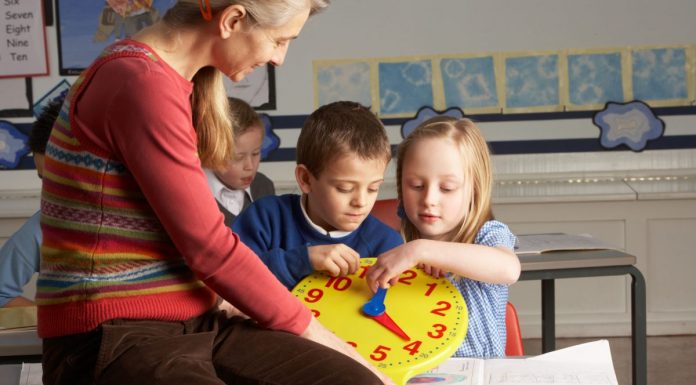 Thinking back to conversations I have had with my colleagues I think this program will definitely help teachers to have a better understanding and idea of how to improve their own teaching."
Thinking back to conversations I have had with my colleagues I think this program will definitely help teachers to have a better understanding and idea of how to improve their own teaching."
Evanthia V.
"I REALLY enjoyed the assignments that were provided in this course. I am in my fifth year of teaching and at what one would consider the “breaking point,” so these assignments put things into perspective for me at the time I needed it most."
Andrea J.
"Absolutely enjoyed this program! I felt like the resources were hitting me on a personal level being that I was considering resigning from this career. This program gave me hope, resources, and definitely boosted my teacher morale."
Nerline P.
FEATURED COURSES
Thoughtful Discourse to Support Deep Understandings
The primary goal of this course will be for participants to identify how 21st century classrooms are transformationally different than traditional classrooms and will identify key characteristics.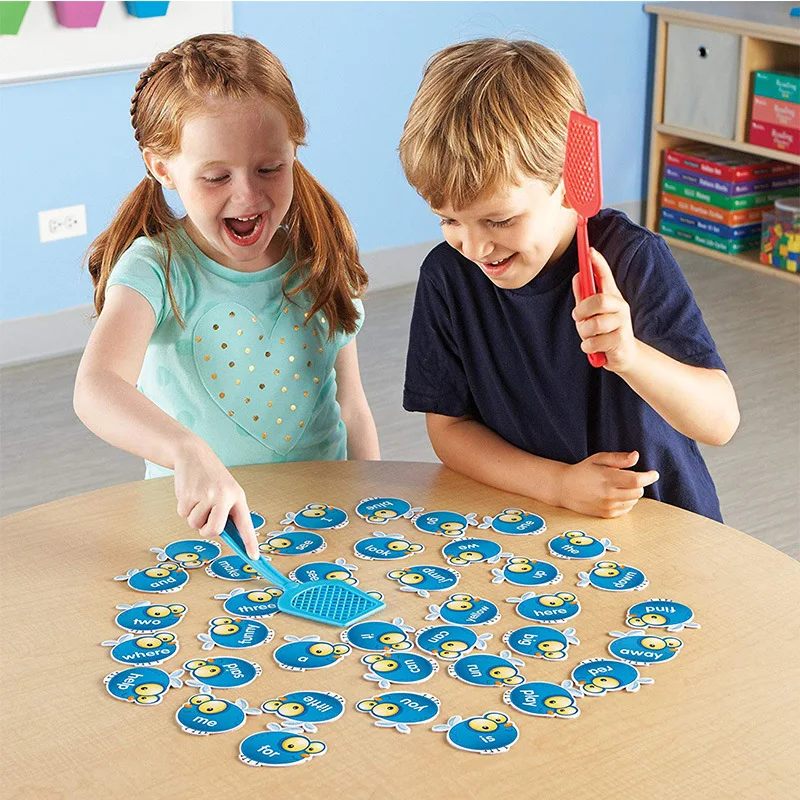 ..
..
Read More
Get Started
Book a DemoHow to teach a child to learn? Is it possible to learn to learn and what does it mean?
<
How to teach children to study well
Children are inquisitive by nature. As a rule, everything is new to them in elementary school, and therefore it is interesting. There is a new item - great! We set a new type of tasks - great, I want to try it as soon as possible! They do not need to be taught to learn, they do it with pleasure.
With the transition to high school, the program becomes more complicated, and communication becomes the leading activity for the child. It is at this point that adults should explain how to learn how to study properly. Here are some recommendations from Foxford Home School tutors on this matter.
Tip 1. Focus on interests
Learning to learn means finding an interest in which the child wants to develop. According to tutor Yulia Rozhkova, without this, all other methods are meaningless.
According to tutor Yulia Rozhkova, without this, all other methods are meaningless.
Ask your child to think about what a particular skill will do in relation to their favorite activity. Suppose he likes to ride a scooter. Push him to understand that knowing the laws of physics will help him do cool tricks, and the English language will help him communicate with riders from all over the world.
What to do if the child does not have pronounced hobbies? Take a closer look at him, offer to pass the Skillfolio diagnostics, which is just aimed at identifying the strengths and interests of schoolchildren. And most importantly, help your child acquire a hobby. Do something together, set an example.
Tip 2. Show how to acquire and apply knowledge
Just as swallowing food without chewing can lead to stomach problems, absorbing knowledge without reflection and putting it into practice can lead to “loss of appetite” for learning.
The process of acquiring knowledge and skills based on it should ideally consist of several stages. First, acquaintance with some object or phenomenon, then the desire to understand how it works, putting it into practice, and, finally, understanding the experience. This circle is called the wheel of learning.
First, acquaintance with some object or phenomenon, then the desire to understand how it works, putting it into practice, and, finally, understanding the experience. This circle is called the wheel of learning.
Learning wheel
Tutor Natalya Smelova uses the concept of the learning wheel in her work. At the same time, she believes that you should not give the child a "fish" - you need to teach him how to use a fishing rod. Suppose a student does not understand percentages in mathematics. Ask him to find a cartoon on the Internet or a good article on this topic. It is important that he does it himself, because only by gaining knowledge on his own, you can learn how to learn. However, then be sure to take the material found together and show how it can be useful to him in real life. For example, you can calculate how much you can save in a year if you set aside 10% of pocket money every month.
Tip 3. Teach your child to tell the time
Most kids know how to tell the time with a clock before school.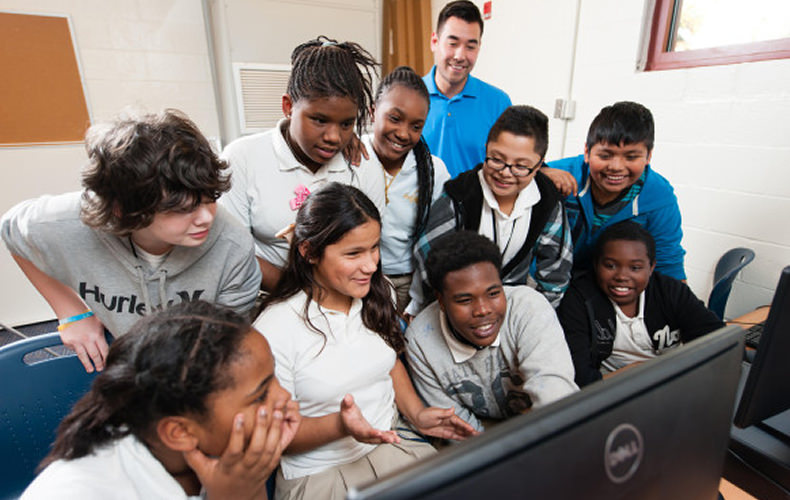 But even some high school students do not have an understanding of the value of a temporary resource. Calling to and from the lesson should gradually teach the student that in 45 minutes you can do about the same amount of work, and, for example, if the teacher reminds you that there are a few minutes left until the end of the lesson, you need to speed up. However, not everyone develops this trigger. And if the child is in family schooling, then the sense of time needs to be trained separately in order to eventually teach the child to learn independently.
But even some high school students do not have an understanding of the value of a temporary resource. Calling to and from the lesson should gradually teach the student that in 45 minutes you can do about the same amount of work, and, for example, if the teacher reminds you that there are a few minutes left until the end of the lesson, you need to speed up. However, not everyone develops this trigger. And if the child is in family schooling, then the sense of time needs to be trained separately in order to eventually teach the child to learn independently.
Here are the questions tutor Maria Suvorova recommends asking in order to teach a child to keep track of time:
- How much time do you have now?
- How will you best manage it?
- By what criteria will you choose the things you will do?
- What exactly do you want to do with your studies in the allotted time?
- What result do you want to get?
- Compare what you wanted to do and what you did?
- Are you satisfied with the result?
- How to make sure that there is enough time for all tasks?
Tip 4.
 Try different formats
Try different formats In the article on how to study subjects you hate, we said that people are divided into visuals, auditory, kinesthetics and digitals. Find out which channel of perception works best for the child, and offer him appropriate learning formats. For example, a student complains that it is difficult for him to memorize vocabulary words. You can invite him to conduct an experiment to find the ideal way to memorize them: visualization using mnemonics, speaking into a voice recorder and listening, repeatedly writing in a notebook, analyzing the etymology of each word. Let the child try everything and rank which method worked best for him. Independent search will help the child learn to learn with pleasure.
Advice 5. Let the child control the learning process
“Get out the diary, show what you have been asked”, “Write on a draft - I will come and check it” - many parents recognize themselves in these phrases. Unfortunately, adults from the first grade often show overprotectiveness in relation to the child's studies, which destroys motivation and independence.
“A junior high school student does not see the whole, so for the time being he cannot choose what to teach him, but he can decide when and in what sequence to do the lessons. So let him do it!” - calls the tutor of the "Foxford Home School" Svetlana Goltser. Let him draw up a schedule for doing homework, prepare for certification and get well-deserved marks on it. This will let the child know that you trust him, and will relieve the feeling of anxiety in anticipation of punishment for every wrong step.
Parental control must be weakened as one grows older. A teenager should be aware that studying is his area of responsibility. Cultivate self-discipline in a teenager, and he will never have a request “I want to learn how to study.” Getting new knowledge for him will be as natural as brushing his teeth in the morning.
Conclusions
The answer to the question, is it possible to teach a child to learn, unambiguous - yes, you can! Determine the student's area of interest, show the practical benefits of the knowledge gained and the value of time, try different learning formats.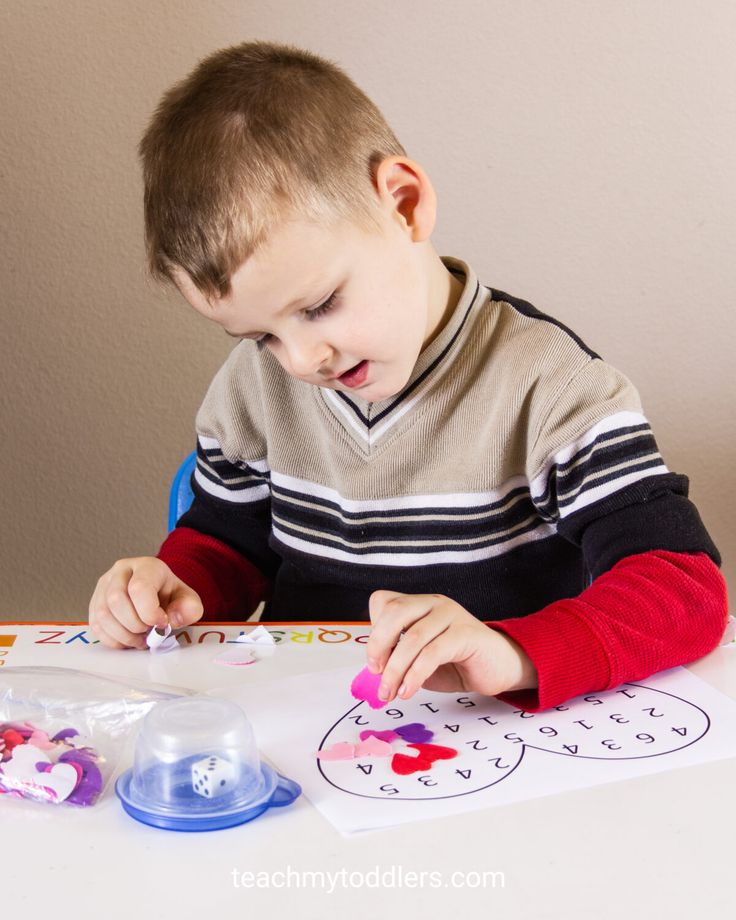 And most importantly - trust your child!
And most importantly - trust your child!
Foxford Home Online School tutors are ready to help you and your child develop self-education skills, show how to teach children to study well and with pleasure. You can learn more about the tutor support program and sign up for a consultation on the tutors page.
To want to learn, you must first of all be able to learn. This important skill is regularly worked on by tutors at the Foxford Online Home School, and we asked them to share some secrets on how to teach children to learn.
6 ways to teach your child to learn
One of the most common parental requests is “The child does not want to learn, what should I do?”. But in order to want to learn, you must at least be able to learn. And this is a skill! Our blogger, child psychologist Olga Kondrashova talks about how to acquire and develop this skill.
You should not expect that a child will be able to do it on his own: while a small person is in grades 1-2 (in grade 3, responsibility for oneself more or less begins to turn on), he is not yet very collected, organized, simply “sane”.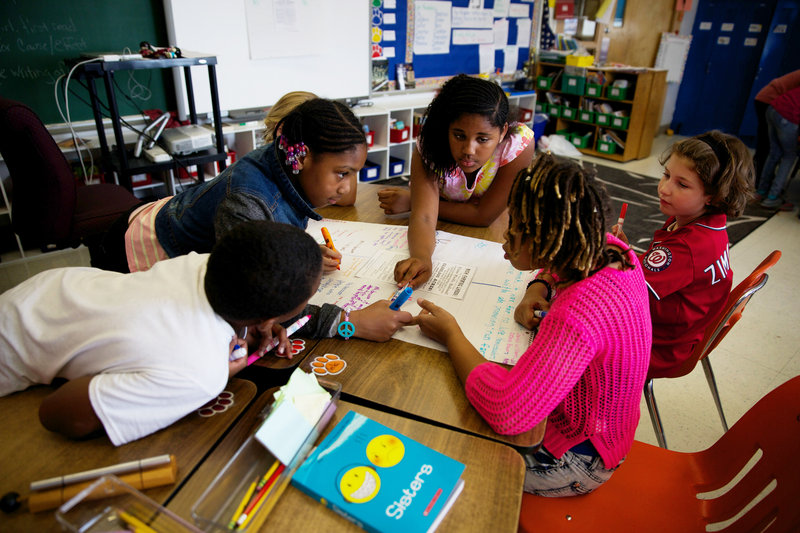 Therefore, he needs outside control, that is, he must simply be taught to learn, to show how it is done.
Therefore, he needs outside control, that is, he must simply be taught to learn, to show how it is done.
Of course, there are children who, due to increased anxiety, for example, fear of the teacher or parents, or, conversely, excessive fascination with the teacher (more common among girls), are themselves worried about doing homework. But this is rather an exception to the general rule. So, the responsibility for a child's ability to learn lies largely with adults!
Now there are many expert assessments that come down to the thesis - the child's interest is above all. I agree that it is criminal to crush the initiative of a child. But, unfortunately, excitement from novelty falls even in an adult, and the ability to return oneself to concentration, whether it be solving a problem or simply assimilating new information, I think, will remain relevant. At least until we are "chip" with already built-in programs, by analogy with gadgets. But for now, you and I have children, not robots.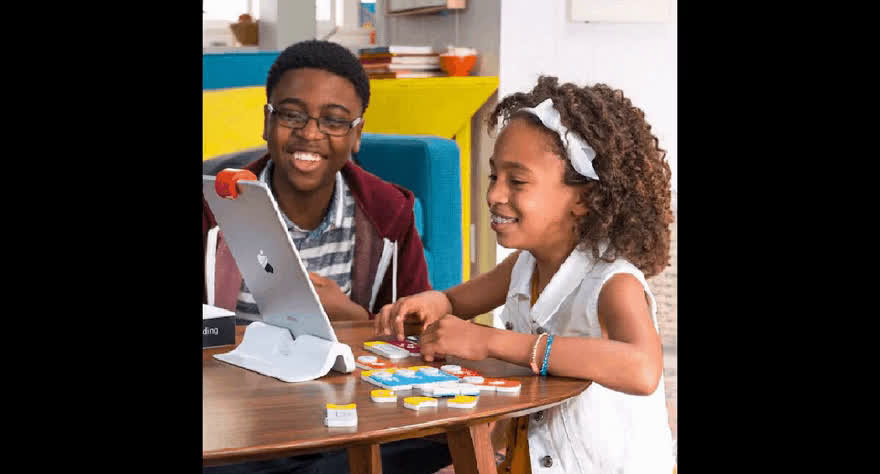 And after a certain time, your child will move from elementary school to high school, where it will be more difficult to study.
And after a certain time, your child will move from elementary school to high school, where it will be more difficult to study.
In addition, the motivational priority shifts in high school — the child “flies” from the importance of learning to the importance of establishing social connections (friends are above all!)
he will no longer fall into hopelessness or despair - "everything is useless, everything is already so neglected, such a wild volume, I can no longer cope with it, there is no point in even starting!". There will be no such problems if the child already has a conscious experience of "inclusion" in the lessons. How to keep the attention of the child during the lessons?
1. Give new meaning to boring tasks
For example, a child needs to learn how to write letters beautifully. Options: “OK, how are we going to write a message to Santa Claus? He won’t understand anything in your scribbles, it will be a shame if you don’t get what you ask for for the New Year ”. .. Or: “Let's write a letter to grandmother? You just need to write so that she can read, she doesn’t see very well!” Or: “What if you find yourself on a desert island? Then you will need to write a message to people and send it in a bottle. Let's learn to write legibly!
.. Or: “Let's write a letter to grandmother? You just need to write so that she can read, she doesn’t see very well!” Or: “What if you find yourself on a desert island? Then you will need to write a message to people and send it in a bottle. Let's learn to write legibly!
2. Stimulate intrinsic motivation
You can ask a child and encourage him to think about what this or that skill will give him - the ability to read, write, count, memorize. This can become the basis of his own intrinsic motivation - the strongest and brightest stimulus. Alas, it burns brightly, but not for very long. It will be necessary to periodically remind the child about the benefits of what he himself once thought of and what he himself came to.
3. Change roles - instead of a student "teacher"
All lecturers know that if you want to know a subject better, give a lecture on it. We turn the child into a teacher, put all his bunnies, cars, bears, dolls in front of him and play school. By the way, you can also play along in the role of the most naughty and most "talentless" student - "Oh, how difficult it is to write these numbers! I can't do it at all!" Or deliberately make a lot of mistakes. Usually children are very happy when they see themselves from the outside.
By the way, you can also play along in the role of the most naughty and most "talentless" student - "Oh, how difficult it is to write these numbers! I can't do it at all!" Or deliberately make a lot of mistakes. Usually children are very happy when they see themselves from the outside.
This technique relieves tension, allows you to speak in a safe mode and realize the difficulty of learning. And this, as you remember, improves self-control and increases "sanity", that is, the child sees an obstacle (laziness, inattention, inability to force himself to finish) with which he needs to cope.
Plus, this reduces the fear of making mistakes. This is a very important point, because children at school are constantly in the zone of anxiety and incompetence - every day they are faced with new material, new tasks and new requirements for their intellectual abilities. The ability to calmly endure failures and mistakes is an important quality that allows you to move forward, and not fall into the pit "I am a worthless clumsy. "
"
4. Teach him how to do his homework
After some time, when you see that the child has mastered the skill of "doing homework", we gradually begin to leave him alone. But it is necessary to make sure that the child understands that failure to do homework and poor study in general have negative emotional consequences for him. That is, you need to create a field of expectations around it, in which there are necessarily two topics.
First, let him know that you appreciate his efforts. You can say: “We are happy when you are doing well” or “We are upset when you are not doing well.” So the child will learn that you respect his work, his efforts on himself, his ability to show his will, his growing and strengthening independence. This also allows one to form such an important quality of character as the ability to achieve goals and respect oneself for the result achieved.
The child will learn to motivate himself with this experience and the feeling of joy and elation that will follow each self-conquest. An important nuance - try to make your comments for the child clear and specific. Not just "You're great!" or “Excellent!”, but “How glad I am that you managed to finish everything!”.
An important nuance - try to make your comments for the child clear and specific. Not just "You're great!" or “Excellent!”, but “How glad I am that you managed to finish everything!”.
Second - say that if something does not work out, then this is not a disaster! This will allow the child to avoid excessive anxiety about punishments and disappointment in him and remove a negative emotional connotation from the learning process. For example, you can tell him: “If something doesn’t work out so well for you, know that we will always help you”, “We will not scold you for a bad grade. Let's just agree, if something doesn't work out for you or you don't understand something at school, speak right away and together we will sort out difficult places or explain to you what you didn't understand. We will always help, the main thing is not to launch the item, ok?".
This is how the child receives a vector of development - that is, he is not indifferent, his efforts are important and appreciated by someone.


